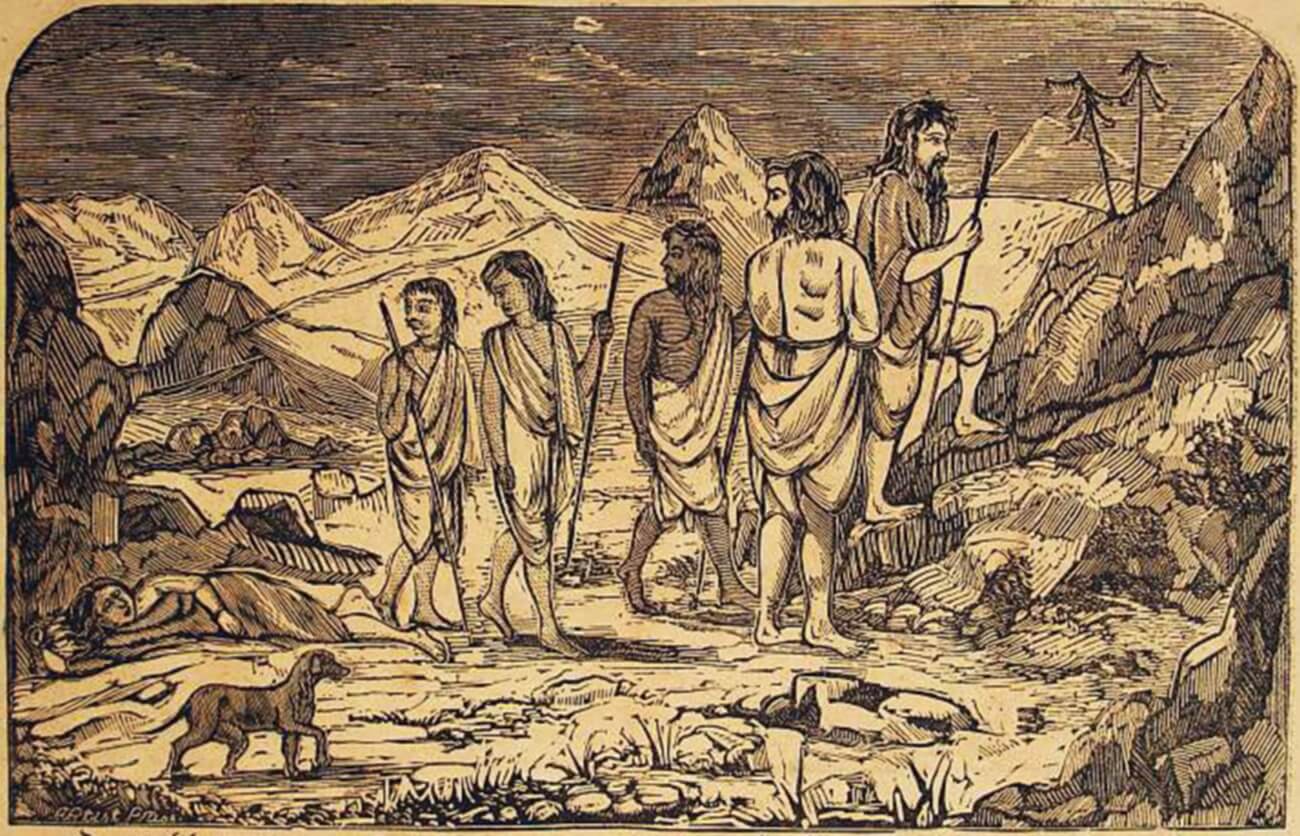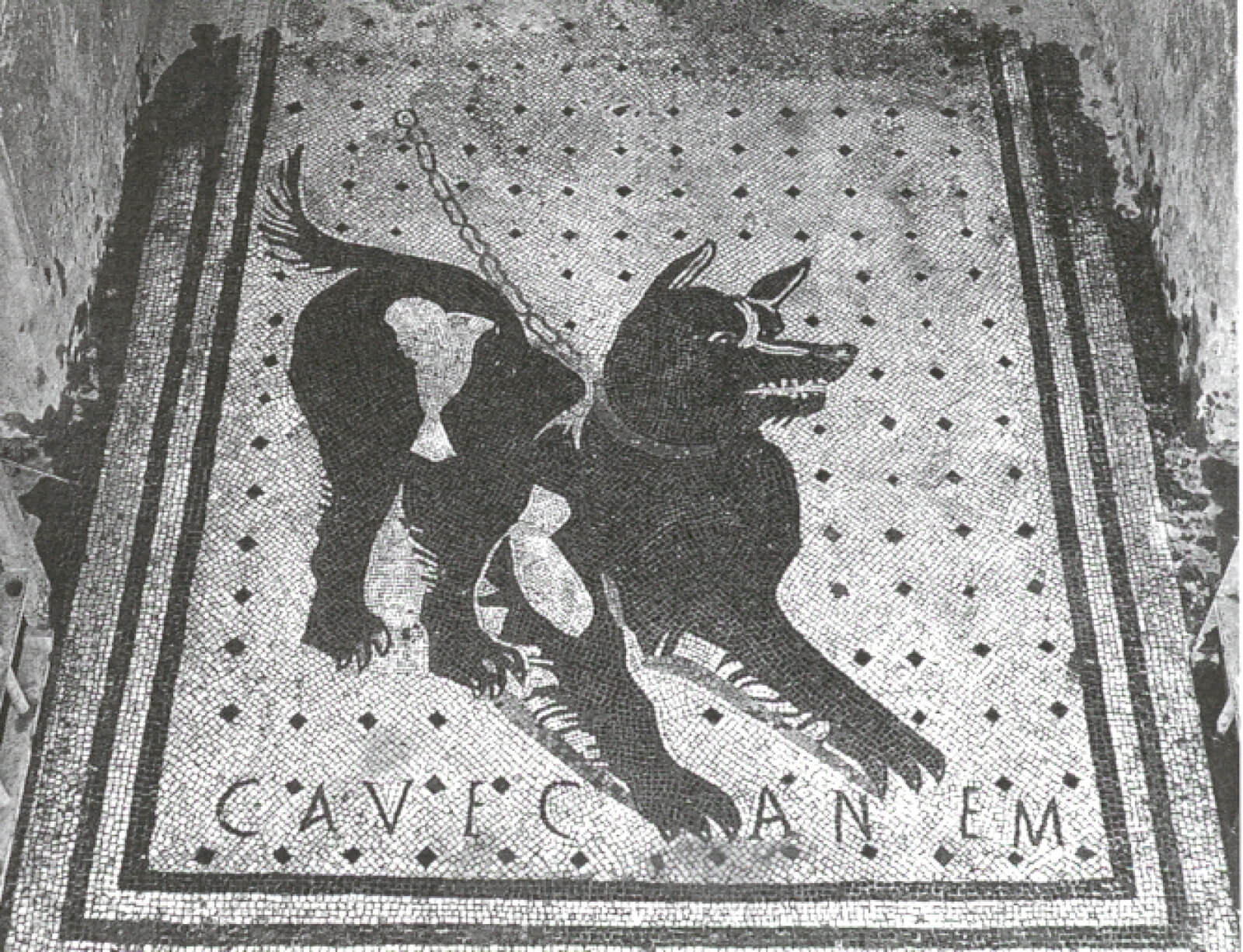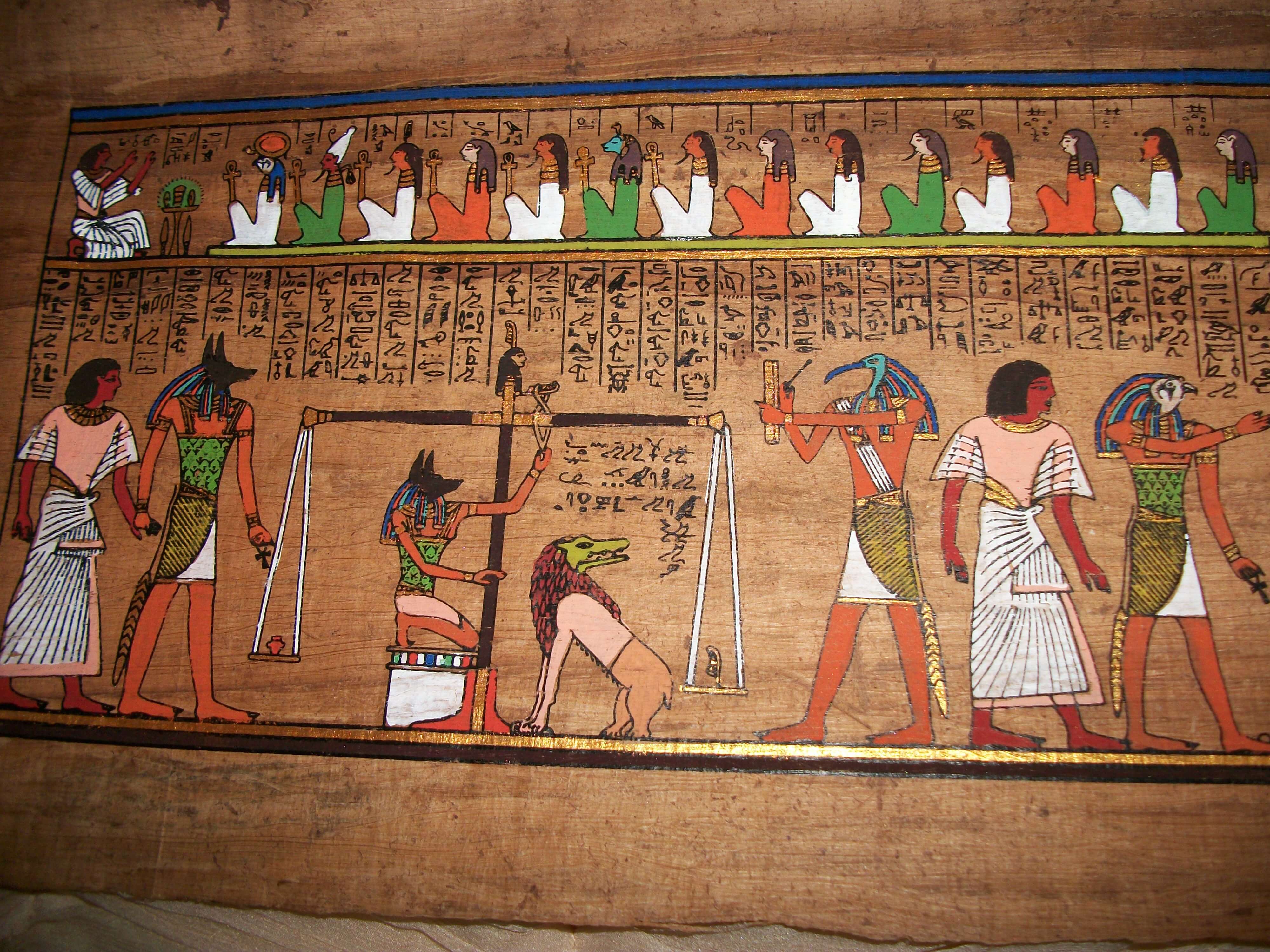
As a dog lover, this quote must bring a smile to your face and a little sunshine to your day. This sentiment of dogs being our constant companions dates back to the time when our ancestors were hunters and gatherers. In fact, the dog is the first animal to be domesticated by man!
The paw-prints of dogs can be seen throughout history and through every single continent. They have witnessed our transformation from hunting tribes to civilizations. They have played the roles of guardians, hunting assistants, shepherds and companions. They have loved us and served us loyally.
Let’s take a look at some of the world’s ancient cultures and their association with dogs.
Ancient India:
Our country has a rich culture and an even richer mythological legacy. Dogs can be found even in our mythological tales.
Lord Indra had a dog named Sarama, who was sent to Patala Loka (the underworld) to retrieve his cows. This Sarama is called the “devashuni” in the Rig Veda. As per this reference, she is the mother of all dogs. Her children were called Sarameyas and also served the Gods. Shyama and Shabala, her two sons, guard the road that leads to the afterlife, and are loyal to Lord Yama.
Lord Shiva, in his avatar as Bhairava, has only one companion and that is a dog. Lord Khandoba another avatar of Lord Shiva is always accompanied by a bull and a dog. The holy trinity of Brahma-Vishnu-Mahesh represented in the avatar of Lord Gurudev Dutt is shown with four dogs which symbolize the four Vedas. Even the epics of Ramayana and Mahabharata have dogs as significant characters in them.

If we look at ancient India from a purely historical perspective, then we can uncover another aspect of the dog-human relationship. The prehistoric Bhimbetka caves (Madhya Pradesh) famous for their rock paintings feature 41 dog drawings in 8 colours.
Similarly, dog remains have been found at the Harappa and Mohenjodaro excavation sites. This goes on to indicate the ancient Indians shared a close-knit relationship with dogs.
The Caravan hound, Rajapalyam hound, Rampur greyhound, Banjara hound, Santal hound, Bully kutta and the Himalayan sheepdog are some of India’s native dogs.
Ancient Rome:
Ancient Rome was a time of gladiators and self-indulgent kings, who were bleeding the coffers of the Roman Empire with their whims and fancies. In Ancient Rome, dogs were bred for hunting and guarding purposes. If these dogs become companions to their masters, then that was just a by-product and not the main aim of Roman society.
Historians have uncovered mosaic panels in Pompeii, with a chained dog, who seems to be barking at a passerby. The text on the panel reads “Cave Canem” (Beware of the dog). Many such panels were found, thus establishing that dogs were commonplace in Roman households. Historians have also found tombstones of dogs in ancient Rome, with loving epitaphs and descriptions.

The Molossian hounds were battle trained and fought in wars for the Roman kings. Their fierce loyalty and sharp instincts were considered as an advantage for the soldiers. The Irish wolfhounds are also said to be descended from Roman dog ancestry.
Ancient Egypt:
When we speak of Egypt, our mind immediately drifts towards a plethora of Gods, “Mummies” and the Pharaohs. Where does our beloved dog fit into all this? Well, the answer is quite simple – everywhere. Dogs in ancient Egypt performed a range of vocations for their human companions. They were kept for hunting, guarding, police work and pets. They can be seen in Egyptian mythology as well as history.
Egyptian mythology names Lord Anubis, as the God who guides the souls of the dead to judgment in the afterlife. Lord Anubis, is a dog-jackal God whose image matches with the Basenji dog breed. In the town of Hardai, the Egyptians had built a temple for Lord Anubis. This temple was a centre, where dogs roamed freely, were fed and even sacrificed to please Lord Anubis.

Ancient Egyptians, also mummified dogs, so as to become companions to their masters in the afterlife. The death of a dog was mourned by family members as much as the loss of a human. They were buried ceremonially and entombed if the family was rich enough. They believed that the master and his dog would be reunited in the afterlife, because of the loyalty and devotion of their furry companions.
Modern dog breeds such as Pharaoh, greyhounds, Ibizan, Saluki and Whippets are said to have origins in ancient Egypt.
Dogs have loved us faithfully, unconditionally and loyally throughout history. If our planet is the only planet in the universe to have dogs who bring so much joy to us by merely existing, then I believe we are the luckiest beings in the universe!

